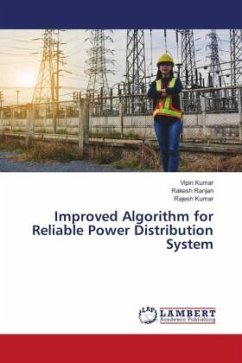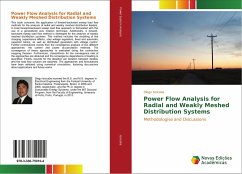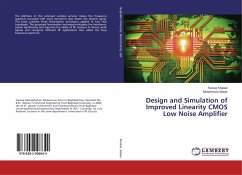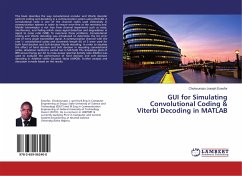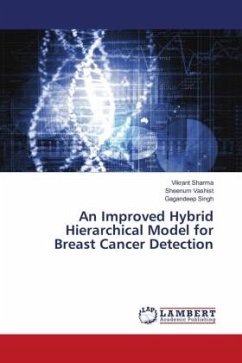The complexity and large number of computations involved in Power Flow and Reconfiguration analysis of large distribution networks necessitates the need for improved Power Flow and Reconfiguration techniques.In this Book, a GPS-GIS based approach for Radial Network modelling and data collection are Introduced. Radial Distribution Network Power Flow and Reconfiguration algorithms are developed based on improved Backward-Forward Sweep (BFS) and All Spanning Trees of Undirected Network Graph (ASTUNG) techniques respectively. MATLAB coding steps for each of the algorithms is extensively discussed. A GUI is also developed for Power Flow and Reconfiguration analysis and simulation. Strategies for voltage profile improvement and real power loss reduction are demonstrated through network reconfiguration. Several Scenarios of power flow and reconfiguration analysis are simulated presented and discussed. The application of BFS and ASTUNG techniques to typical radial distribution network inBauchi State of Nigeria are demonstrated. The developed approaches are tested on standard IEEE 30 and 33 bus networks. Recommendations for further work on the area covered in this book are also presented.
Bitte wählen Sie Ihr Anliegen aus.
Rechnungen
Retourenschein anfordern
Bestellstatus
Storno


